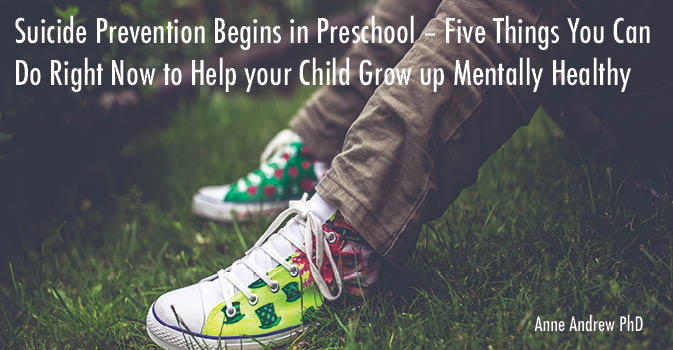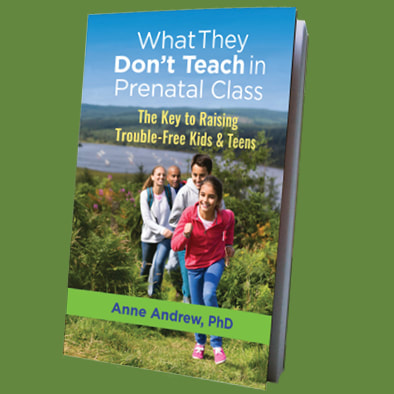|
The answer is: It depends! There is nothing intrinsically wrong with competition—it can be fun to compete. The problem comes when a child equates her worth with the outcome of the competition. I’m worthy if I win. I’m worth less if I lose. A child who knows his Inherent Worth (IW) will be OK no matter what the outcome of the competition—his worth is not at stake. Competition will be fun for the competitors when they are secure in their awareness of their IW. Avoid competitions until you are sure of that. If you can’t avoid it here are a few tips:
1 Comment
“Your thoughts and the words you use about a child will at some stage become the thoughts and words that the child thinks about himself”
–Chen Miller Labels act a lot like negative beliefs. Children become their labels. The bad kid in a family will be the bad kid in the family, the klutz will be the klutz until freed of those labels. Children who are labeled as learning disabled may cease trying and feel that they have no hope because they have been given an excuse for low expectations. Is there a way to reduce the impact of labels? Wow, I’m rapidly approaching the finish line with my book. In fact, the proof copy will have arrived by the time you read this! There are still a few glitches that will need straightening out, but we’re nearly there. My team has been amazing getting the editing, cover, interior layout and e-book conversion done so quickly. What a long process this has been!
“Hey, wait a minute,” you may be thinking “Of course I love my children unconditionally!”
I know I thought that – that is until my daughter went off the rails as a teenager in a dramatic way. The way back for our family was by learning to love unconditionally. We learned it the hard way and I don’t want that to happen to you. We discovered that although we thought we were a loving caring family, and certainly anyone who knew us would have agreed, our parenting was largely fearful making unconditional love virtually impossible. We had worries about our children’s futures, and expectations of what that should look like for each of them. We felt we needed to shape them into fine humans rather than simply to accept them as they are. The good news for us was that it was possible with a few simple techniques, to learn to love without fearand to become more effective parents as a result. You can do a quick assessment of how much fear versuslove there is in your own parenting style by taking the quiz below: Can Self-Esteem be Too Easily Lost? - The Power of Inherent Worth (IW) to promote happiness.8/12/2017  There are shelves of books about the importance of a child’s self-esteem, but I want to point out a crucial difference between self-esteem and Inherent Worth. Our Inherent Worth is absolute. Our IW just is. It doesn’t depend on what we do or what we don’t do. It is non-negotiable - it just is. It is easy to see the truth of this when a baby is born. No one comes into the world any other way. We were all equally naked. It stands to reason then, that our worth is not established:  Perfectionists turn in homework written in perfect handwriting, no spelling mistakes and clearly hours have been spent in perfecting the product – no wonder parents and teachers love them! The problem is that perfectionism is usually driven by an underlying negative belief - that the perfectionist is worthless or unlovable. Perfectionism is an attempt to prove otherwise and gain the love and admiration that they feel is lacking. My daughter was a perfectionist in her last couple of years of elementary school and  Suicide is one of the leading causes of death in 15 to 34 year-olds and is three times more prevalent in boys than in girls. The root causes of mental health problems that can lead to suicide are established in early childhood. The good news is that there is a way to reverse the effects. The sooner you can start helping your child (and yourself) to fully understand that your worth is intrinsic the better. Typically, suicide prevention strategies focus on awareness of depression and on |
Author I know firsthand the emotional and financial costs of having a troubled teenager and I don’t want that to happen to you. That's why I wrote my book What They Don't Teach in Prenatal Class: The Key to Raising Trouble-Free Kids and Teens (available on Amazon). Archives
April 2022
Categories
All
|
get in touch
Email: [email protected] Tel: (1) 604 720 2776
Sign Up to my newsletter
Get information and articles about how to raise happy, mentally-healthy, and addiction-free kids!




 RSS Feed
RSS Feed